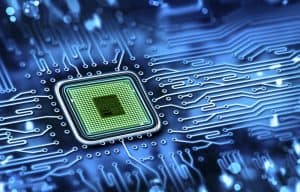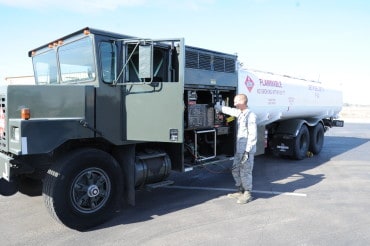
The oneAPI model lets developers run programs across CPUs, GPUs, FPGAs, and other accelerators with minimal coding changes.
Intel announced the winners of the Great Cross-Architecture Challenge, a collaboration with the European Organization for Nuclear Research (CERN) and Argonne National Laboratory, and run by CodeProject. Entrants used oneAPI and Data Parallel C++ (DPC++) to create applications in areas such as bioinformatics, cryptography, data analytics, education, financial services, genomics, healthcare, image processing, mathematics, molecular dynamics, particle physics, and ray tracing.
oneAPI is a unified and scalable programming model to harness the power of diverse computing architectures in the era of HPC/AI convergence. It is designed to let developers use one programming model for all architectures. Such an approach lets developers write code now and run it on new processors and accelerator hardware, taking advantage of innovations as they emerge over time.
The goal of oneAPI is to be able to make use of all cutting-edge features on new hardware to boost application performance. The oneAPI model lets developers run programs across CPUs, GPUs, FPGAs, and other accelerators with minimal coding changes.
See also: GPUs: The Key to Cognitive Computing
The oneAPI initiative is supported by over 60 major companies and research organizations and growing. It will define programming for an increasingly AI-infused, multi-architecture world. oneAPI delivers a unified and open programming experience to developers, on the architecture of their choice, without compromising performance. It also minimizes the complexity of separate code bases, multiple-programming languages, and different tools and workflows. The goal is to reduce these barriers that developers encounter. The initiative also strives to ensure that existing software investments are preserved with support for existing languages while delivering flexibility for developers to create versatile applications.
The oneAPI specification includes a direct programming language and domain-specific libraries. It also provides migration, analysis, and debug tools. And the initiative provides APIs, a low-level hardware interface, and more to assist in coding for a diversity of user workloads. Such features simplify application development for workloads that can be accelerated by taking advantage of heterogeneous systems. Using oneAPI will reduce development costs in that its set of cross-architecture libraries and tools make heterogeneous development easier.
About the oneAPI challenge
The Great Cross-Architecture Challenge asked software developers to use oneAPI to create fast, efficient, and future-ready applications that take advantage of various XPUs, including CPUs, GPUs, FPGAs, and other accelerators. Participants used Intel oneAPI Toolkits and the Intel DevCloud to update an existing C/C++ application, to port a compute unified device architecture (CUDA) application to DPC++, or create an entirely new oneAPI application to work on multiple architectures.
Five grand prize winners were selected by an outside panel of judges who evaluated the contest entries based on innovation, impact on humanity, use of cross-architecture computing, overall usefulness for its target audience, level of coding expertise, and quality of project explanation. Grand prizes include:
- A summer CERN openlab internship (in person or virtual), or $8,000 in cash.
- Participation in a oneAPI-related project at Argonne National Laboratory (in person or virtual), or $8,000 in cash.
- One of three trips to CERN for a special tour, or $5,000 cash.
- Twenty applicants will receive $500 cash prizes for their quality submissions.
A summary of the winning entries can be found here.





























